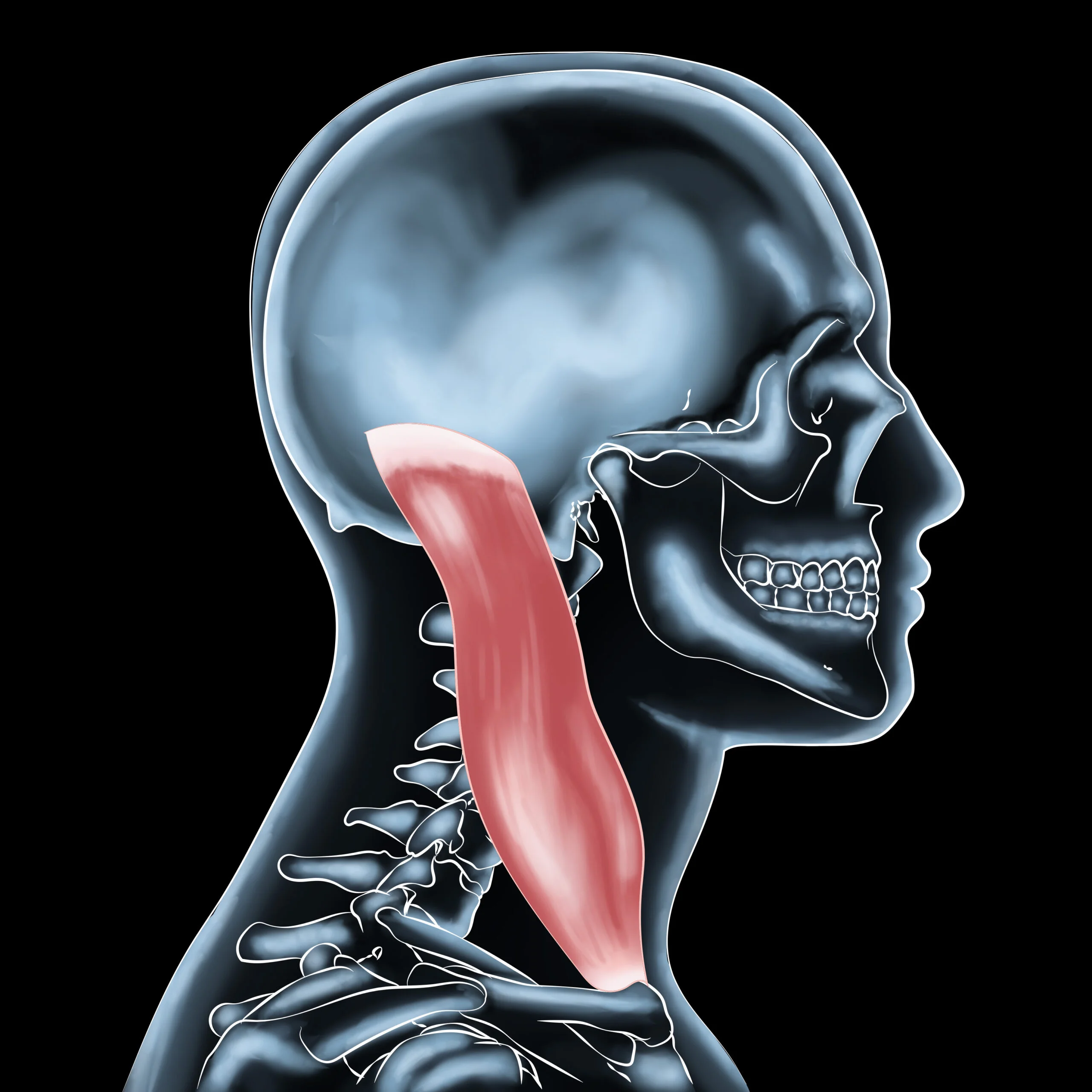DEFINITION – What does Chronic mean?
The opposite of acute, or short-term, chronic refers to either a condition which has a long-term lasting effect, such as chronic headaches which occur again and again, or an effect that is the result of a long term issue, such as cancer as a result of long-term exposure to secondhand cigarette smoke.
BREAKING DOWN – Chronic
Chronic effects are most commonly due to workplace hazards, and in many situations, workers don’t experience symptoms until years after exposure, and often when they are within an older age bracket. Generally, chronic effects have a major impact on quality of life, causing all manner of limitations and physical disabilities, and, due to the excessive cost of treatment of many chronic ailments, relational stress can lead to premature aging and death. Some of the most common hazardous substances that can lead to chronic effects are, in no particular order, biological agents, radioactive substances, beryllium, hydrogen sulfide, asbestos, and organophosphates.
In most of these cases, the substance exposure is slight, causing marginal if any immediate effects. Indeed, according to this website, lung cancers related to asbestos can take between 15 and 35 years to develop, and are enhanced with smoking. It’s the long term exposure that eventually puts your total body burden over the threshold.






